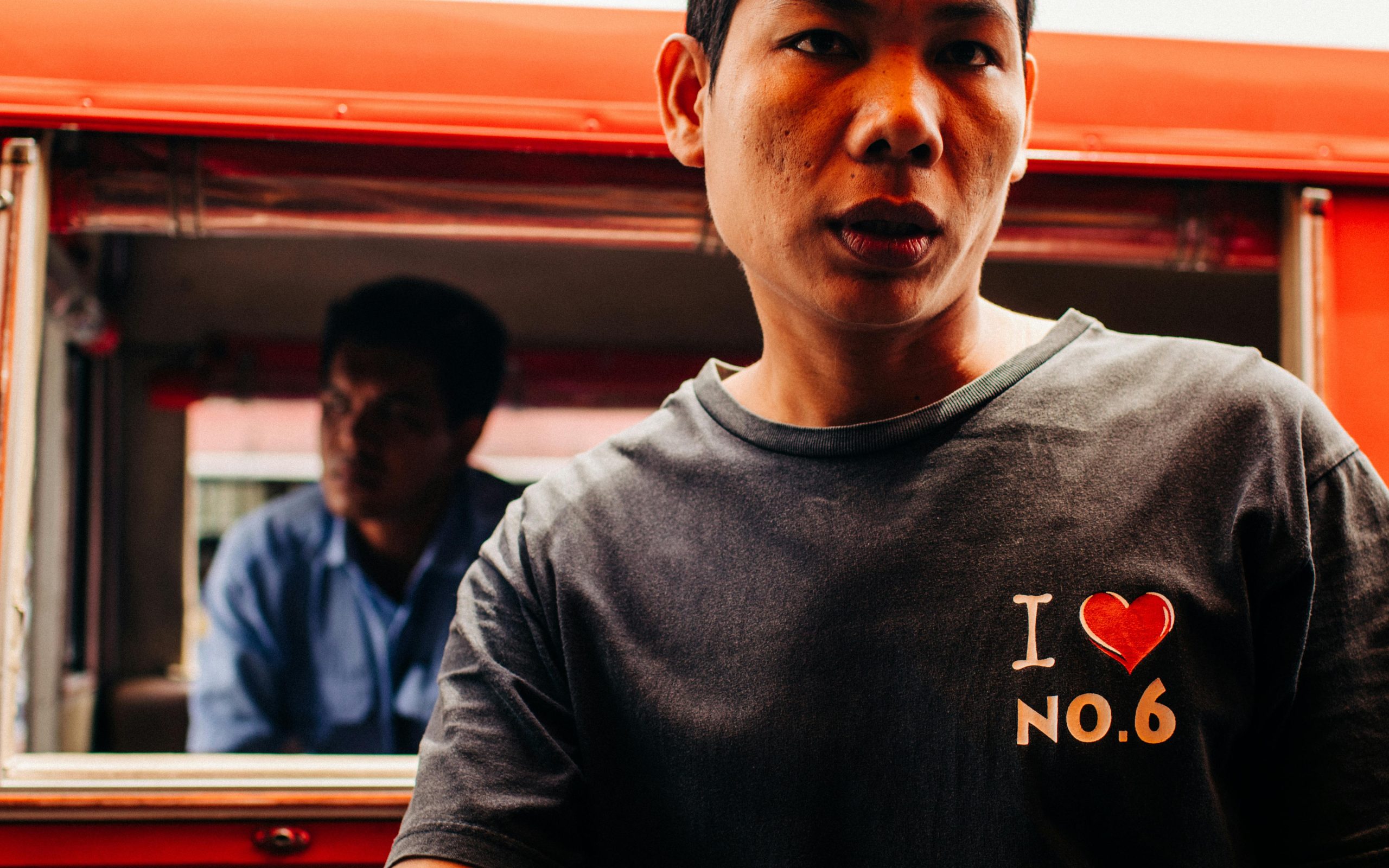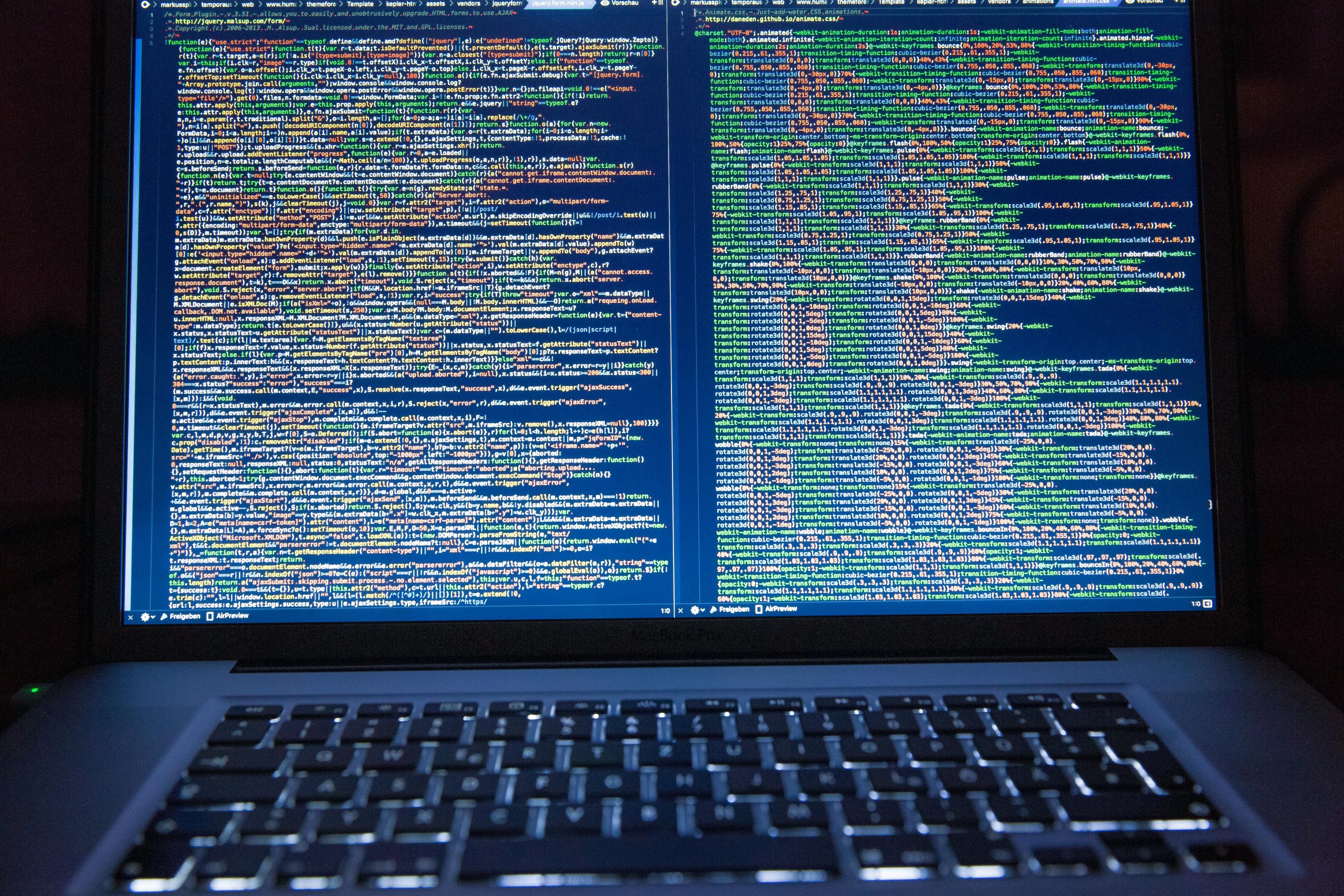What Was the AIDS Epidemic Like in Australia?
What was the experience of the AIDS epidemic in Australia? What was society like during that time? How did people feel? Did it have a significant impact on many lives?

What Was the AIDS Epidemic Like in Australia?
What was the experience of the AIDS epidemic in Australia? What was society like during that time? How did people feel? Did it have a significant impact on many lives?

Do older generations (those aged 60 and above) trust the government more than younger individuals (under 50)?

Aussies Who Embraced Van Life – What Was the Experience Like? Feeling unfulfilled.

Title: Recommended Adjustable Tables for Laptop and Mouse Use I’m not entirely sure what options are out there, but I’d love some recommendations for an adjustable table that can comfortably
The AIDS epidemic had a profound impact on Australia, particularly during the 1980s and 1990s. Initially, the emergence of HIV/AIDS was met with fear and confusion. Many people were uncertain about how the virus was transmitted, leading to widespread stigma and misinformation.
In the early years, the Australian government and health authorities were slow to respond, partly due to the prevailing attitudes towards the LGBTQ+ community, particularly gay men, who were disproportionately affected by the disease. Activism played a crucial role in raising awareness and mobilizing resources. Groups like the AIDS Coalition to Unleash Power (ACT UP) emerged, demanding better public health responses, education, and support for those living with the virus.
Society was marked by a sense of urgency as community members, particularly those in the LGBTQ+ community, faced significant health risks. Many lives were lost, and fear of AIDS led to a climate of discrimination and isolation for those infected. Public discussions around sexuality, drug use, and health began to evolve, fostering greater awareness of sexual health and advocacy for harm reduction measures.
The Australian government eventually implemented effective public health campaigns, including education about safe sex practices, the promotion of condom use, and the establishment of needle exchange programs. By the mid-1990s, the introduction of antiretroviral therapy significantly changed the trajectory of the epidemic, improving the life expectancy and quality of life for many living with HIV.
Overall, while the AIDS epidemic was a major public health crisis that influenced many lives and the broader social landscape in Australia, it also sparked important conversations about health, sexuality, and human rights. The legacy of this period continues to inform contemporary discussions on health equity and support for marginalized communities.